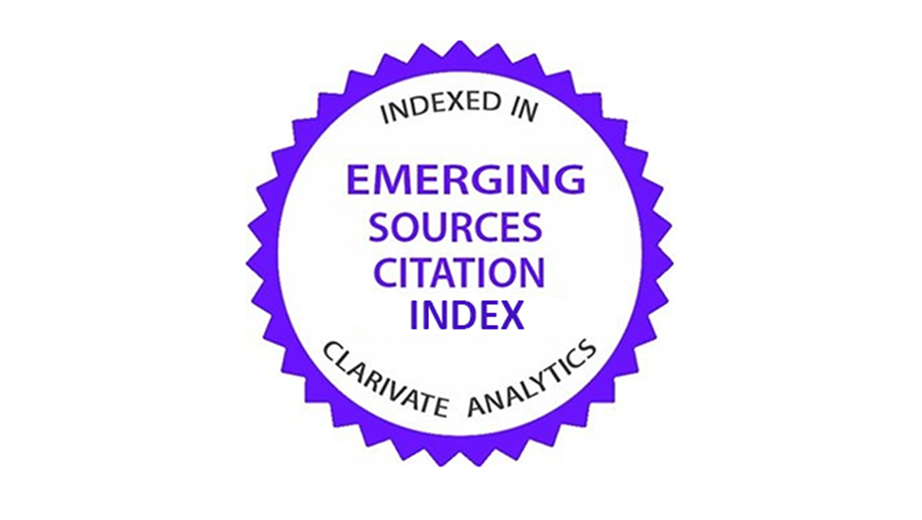In the interests of transparency and to help readers form their own judgements of potential bias, Caraka Tani journals' require reviewers (in the process of peer review) and authors (in the Author Declaration) to declare any competing financial and/or non-financial interests in relation to the work described. The corresponding author is responsible for submitting a competing interests' statement on behalf of all authors of the paper.
Definition
For the purposes of this policy, competing interests are defined as financial and non-financial interests that could directly undermine, or be perceived to undermine the objectivity, integrity and value of a publication, through a potential influence on the judgements and actions of authors with regard to objective data presentation, analysis and interpretation.
Financial competing interests
Financial competing interests include (but are not limited to):
- Receiving reimbursements, fees, funding, or salary from an organization that may in any way gain or lose financially from the publication of the article, either now or in the future.
- Holding stocks or shares in an organization that may in any way gain or lose financially from the publication of the article, either now or in the future.
- Holding, or currently applying for, patents relating to the content of the manuscript.
- Receiving reimbursements, fees, funding, or salary from an organization that holds or has applied for patents relating to the content of the manuscript.
Non-financial competing interests
Non-financial competing interests include (but are not limited to) political, personal, religious, ideological, academic, and intellectual competing interests.
Example competing interest statements:
I/We have no known competing financial interests or personal relationships that could have appeared to influence the work reported in this paper.











